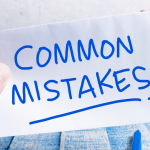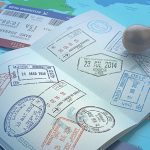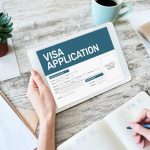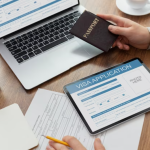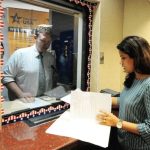Applying for a visa can be a daunting experience, filled with numerous forms, documents, and requirements that vary depending on the destination. However, with proper preparation and guidance, you can navigate the process with confidence and ease. This article provides essential tips and advice to help you through every step of your visa application journey, ensuring a smooth and successful experience.
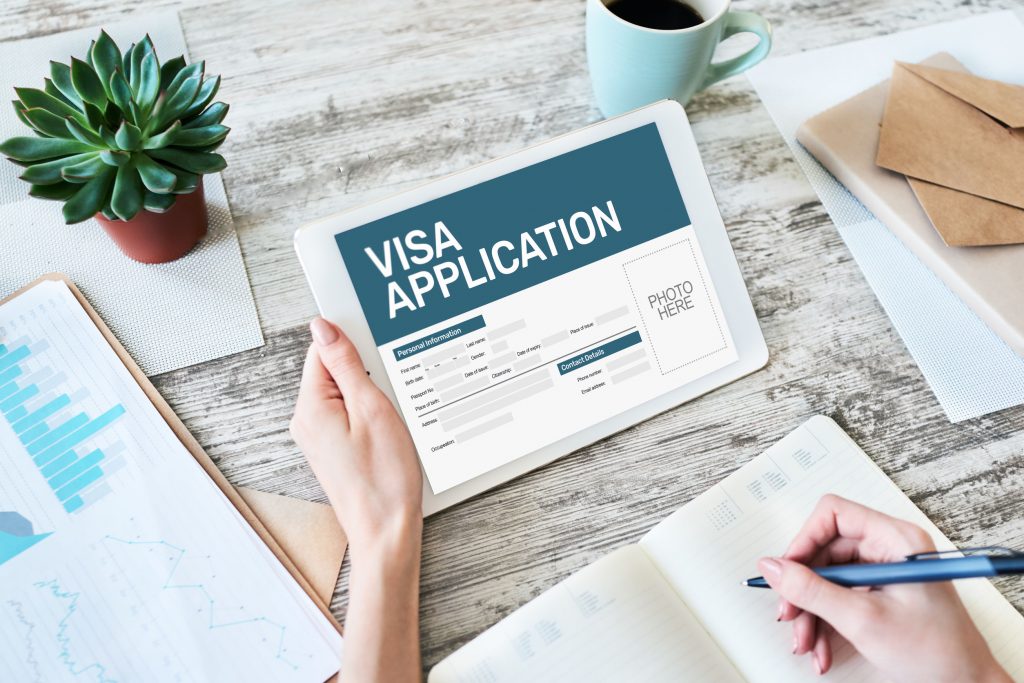
Table of Contents
1. Understand the Visa Requirements
Before you start the application process, it is crucial to understand the specific visa requirements for your destination. Different countries have varying visa types, such as tourist visas, business visas, work visas, or student visas. Each type comes with its own set of requirements, including documentation, fees, and processing times. Visit the official website of the consulate or embassy of the country you plan to visit to find accurate and up-to-date information. Additionally, check out our comprehensive guides on visa requirements for various destinations to help you get started.
2. Start the Process Early
Visa applications often require several documents that may take time to gather, such as bank statements, letters of invitation, or proof of accommodation. To avoid any last-minute rush or delays, start your application process well in advance. Many countries suggest applying for a visa at least three months before your intended travel date. Starting early gives you ample time to collect all necessary documents and address any issues that may arise. For more details, explore our advice on planning your visa application in advance.
3. Gather All Necessary Documents
One of the most critical aspects of a successful visa application is providing the correct documentation. Double-check the list of required documents provided by the consulate or embassy. Common documents required for most visa applications include:
- A valid passport with at least six months of validity beyond your intended stay
- Completed visa application form
- Passport-sized photographs
- Proof of travel arrangements (flight tickets, itinerary)
- Proof of accommodation (hotel reservations, invitation letter)
- Financial documents (bank statements, sponsorship letters)
- Proof of employment or enrollment (for work or student visas)
- Travel insurance (if required)
Make sure all documents are up-to-date and in the correct format. Providing incorrect or incomplete documents is one of the main reasons for visa denials. For a detailed checklist, visit our article on essential documents for a successful visa application.
4. Be Honest and Transparent
When filling out your visa application form, always provide accurate and truthful information. Misrepresentation or providing false information can lead to visa denial or even future bans from entering the country. If you have any past visa refusals or legal issues, be transparent and explain them honestly in your application. Embassies value honesty, and a transparent application increases your chances of success. Learn more about how to avoid common visa application mistakes to improve your chances.
5. Prepare for the Visa Interview
For certain types of visas, such as work or student visas, you may be required to attend a visa interview at the consulate or embassy. To prepare, familiarize yourself with common interview questions and be ready to provide clear and concise answers. Practice answering questions related to your travel plans, purpose of visit, financial stability, and ties to your home country. Dress appropriately for the interview and carry all required documents in an organized folder. For more guidance, read our tips on how to ace your visa interview.
6. Be Aware of Visa Fees and Payment Methods
Visa applications often come with fees that vary depending on the country and type of visa. Make sure you are aware of the exact amount and acceptable payment methods. Some consulates only accept cash payments, while others may require online payments through specific platforms. Be prepared to pay any service fees if you are using a visa service center or agency. For detailed information on visa fees and payment options, check out our dedicated page.
7. Keep Copies of All Documents
Always keep copies of all the documents you submit with your visa application. This includes the application form, receipts, and any correspondence with the embassy or consulate. Having copies will help you in case any documents are lost or if you need to refer to them later. It’s also a good idea to save digital copies on your phone or cloud storage for easy access.
8. Monitor Your Application Status
After submitting your visa application, keep track of its status through the embassy or consulate’s website or via any communication channels they provide. Many embassies offer online tracking systems that allow you to check the status of your application. If you notice any delays or issues, don’t hesitate to contact the consulate or embassy for clarification. Find out more about tracking your visa application.
9. Prepare for Possible Delays
Visa processing times can vary widely, from a few days to several weeks or even months, depending on the country, visa type, and time of year. Prepare for possible delays by applying early and having a flexible travel plan. If you have a specific date in mind, avoid booking non-refundable flights or accommodations until you have received your visa.
10. Seek Professional Assistance if Necessary
If you find the visa application process overwhelming or if you have unique circumstances (such as previous visa denials, criminal records, or unusual travel plans), consider seeking professional assistance. Visa consultants or immigration lawyers can provide expert guidance and help you navigate the complexities of the application process. While their services may come at a cost, they can significantly increase your chances of a successful visa application. For more insights, read our article on when to seek professional help for your visa application.
11. Stay Informed About Travel Advisories
Before applying for a visa, check for any travel advisories or restrictions related to your destination country. Political unrest, natural disasters, or health concerns (such as pandemics) may affect visa issuance or entry requirements. Staying informed about the latest updates will help you make informed decisions and avoid unnecessary complications.
12. Be Prepared for Entry Requirements
Receiving a visa does not guarantee entry into the country. Immigration officers at the point of entry have the final authority to grant or deny entry. Be prepared to present all relevant documents, such as your passport, visa, return ticket, proof of accommodation, and financial documents, upon arrival. Answer all questions truthfully and provide any additional information requested by the immigration officer.
Final Words
The visa application process may seem complicated, but with careful preparation and attention to detail, you can increase your chances of success. By understanding the requirements, gathering all necessary documents, and staying informed, you can navigate the process smoothly and focus on the excitement of your upcoming journey. Remember, every successful visa application starts with a thorough understanding of the process and a proactive approach to meeting all requirements.
For more helpful tips and advice on visa applications, visit our Visa Guidelines section to explore a wide range of resources tailored to your needs.
Happy travels!



